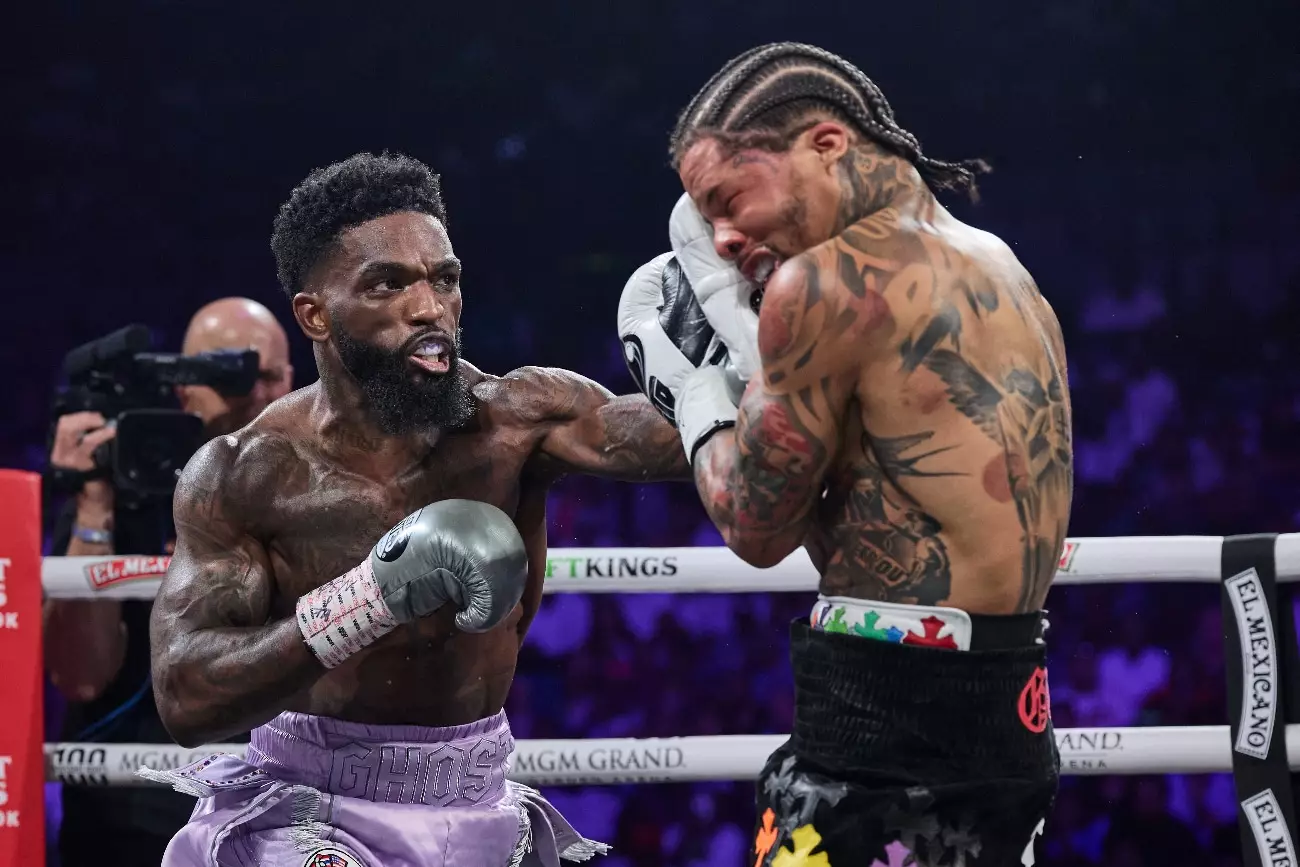The boxing landscape is rife with political maneuvering and matchmaking that can obscure the true measure of a fighter’s prowess. Paulie Malignaggi’s recent remarks about Gervonta Davis bring forward a significant critique of contemporary boxing—the reluctance of fighters to engage in high-stakes bouts against their most credible adversaries. Malignaggi’s commentary sheds light on an ongoing issue within the sport: the phenomenon of creating ‘manufactured stars’ by avoiding risk-laden matchups.
Davis, boasting an impressive record of 30 wins with 28 knockouts, stands at a pivotal point in his career. However, critics like Malignaggi argue that Davis’s choice to defend his WBA lightweight title against Lamont Roach—a fighter primarily competing in the 130-pound category—reflects a trend of fearfulness in pursuing meaningful competition. This defensive matchup raises questions about the criteria that dictate a champion’s willingness to face higher-caliber opponents. Critics contend that credible threats like Vasily Lomachenko, Shakur Stevenson, and others were ignored when they posed a significant risk; only when Lomachenko’s prime had long passed did Davis express interest in a potential clash.
Boxing, in its essence, is fundamentally about competition; the thrill of two elite fighters showcasing their skills to determine superiority is what fans crave. Davis’s choices—fighting less challenging opponents—betray the very spirit that drives passion for the sport. While it’s easy to secure victories against lesser opponents to maintain an undefeated record, true champions are defined by their ability to tackle adversaries that represent genuine threats.
Moreover, the role of promoters and network executives compounds the dilemma. The current model of promotions often prioritizes financial gains over the sport’s integrity, leading to complacency among athletes. Malignaggi stresses the need for a unified push towards making the toughest fights happen. He argues that imbalances in how fighters are treated—where some are celebrated as champions while others face stronger competition—create an unfair playing field. This discrepancy disenfranchises the fanbase, which craves high-stakes encounters that define a fighter’s legacy.
Malignaggi’s critique isn’t just about Davis; it’s reflective of a larger trend in boxing. The sport has become more about building brands than showcasing athletic talent. The allure of a flashy undefeated record can easily overshadow the importance of fighting real competition. Fans may initially celebrate a fighter’s success, but over time, consistency in seeking out tests of skill defines greatness. The caution exercised by Davis to avoid risky bouts reflects a cultural norm in boxing that rewards safety over sport.
The questions raised by Malignaggi bring to the forefront a desire for change in the boxing community. Given that boxing operates much differently than other professional sports where stringent regulations often dictate matchups, it’s clear that a reevaluation of standards must take place. Legislative bodies and sanctioning organizations need to enforce stricter guidelines to compel fighters to compete against quality adversaries. This shift could resurrect the sport’s credibility and restore fan trust.
Davis, viewed as a manufactured star by critics, might need to start challenging himself against formidable opponents to preserve his status and legacy. His future isn’t just about maintaining an undefeated streak; it’s about proving himself against the best in the division at a consistent level.
While Gervonta Davis has undoubtedly achieved considerable success in his boxing career, critics like Paulie Malignaggi demand more from both him and the boxing community at large. There exists a pressing need for fighters to engage in bouts that truly challenge them, echoing the sentiments long held by passionate fans of the sport. To ensure boxing’s competitive integrity, both athletes and promoters must embrace a culture of risk and champion the very essence of what makes boxing a revered sport: the thrill of the fight against the best opponents possible. Only then can we claim a return to the genuine artistry and competitive spirit that boxing was once renowned for.

